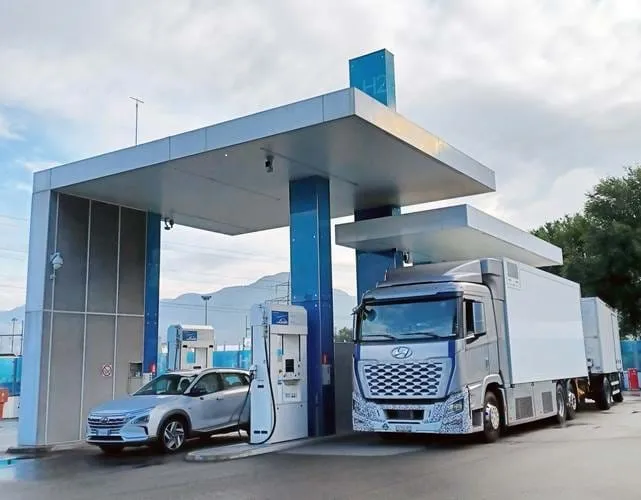A section of French rail network from Mulhouse to Chalampé on the German border has been inaugurated to passenger traffic as part of a European Union supported project. The TEN-T funded project involves a 17.5 km section of French single-track rail infrastructure; the modernised section, supported by US$903,000 of EU funds, will allow faster connections to and from Mülheim in Germany. The project contributes to the TEN-T Priority Project 24 Lyon/Genova-Basel-Duisburg-Rotterdam/Antwerp railway axis, an esse
December 10, 2012
Read time: 2 mins
A section of French rail network from Mulhouse to Chalampé on the German border has been inaugurated to passenger traffic as part of a 1816 European Union supported project.
The TEN-T funded project involves a 17.5 km section of French single-track rail infrastructure; the modernised section, supported by US$903,000 of EU funds, will allow faster connections to and from Mülheim in Germany. The project contributes to the TEN-T Priority Project 24 Lyon/Genova-Basel-Duisburg-Rotterdam/Antwerp railway axis, an essential step in linking the German and French networks on the Rotterdam/Duisburg-Lyon corridor.
This section will be opened to commercial passenger traffic for the first time in over 30 years, having previously only been used for freight services.
The project consisted of various works aimed at modernising the rail section, notably:
• Upgrading of the line’s signalling equipment
• Strengthening of the track foundations by replacing the ballast to enable continuous speeds of up to 90 km/h
• Automation of three level crossings
On completion of the ancillary works in December 2012, travelling times on the section will be reduced by 10 minutes and speed will be increased from 70 to 90 km/h, thus rendering rail more competitive against other less energy-efficient transport modes. From August 2013 high speed trains between Paris, Lyon or Marseille and Barcelona in the Mediterranean region will be able to use this part of rail infrastructure to transit through to Freiburg-im-Breisgau in Germany.
The6998 TEN-T Executive Agency (TEN-T EA), which has managed the project from its start, and the 1690 European Commission welcomes the inauguration as an important milestone for rail transport in the EU.
The TEN-T funded project involves a 17.5 km section of French single-track rail infrastructure; the modernised section, supported by US$903,000 of EU funds, will allow faster connections to and from Mülheim in Germany. The project contributes to the TEN-T Priority Project 24 Lyon/Genova-Basel-Duisburg-Rotterdam/Antwerp railway axis, an essential step in linking the German and French networks on the Rotterdam/Duisburg-Lyon corridor.
This section will be opened to commercial passenger traffic for the first time in over 30 years, having previously only been used for freight services.
The project consisted of various works aimed at modernising the rail section, notably:
• Upgrading of the line’s signalling equipment
• Strengthening of the track foundations by replacing the ballast to enable continuous speeds of up to 90 km/h
• Automation of three level crossings
On completion of the ancillary works in December 2012, travelling times on the section will be reduced by 10 minutes and speed will be increased from 70 to 90 km/h, thus rendering rail more competitive against other less energy-efficient transport modes. From August 2013 high speed trains between Paris, Lyon or Marseille and Barcelona in the Mediterranean region will be able to use this part of rail infrastructure to transit through to Freiburg-im-Breisgau in Germany.
The








